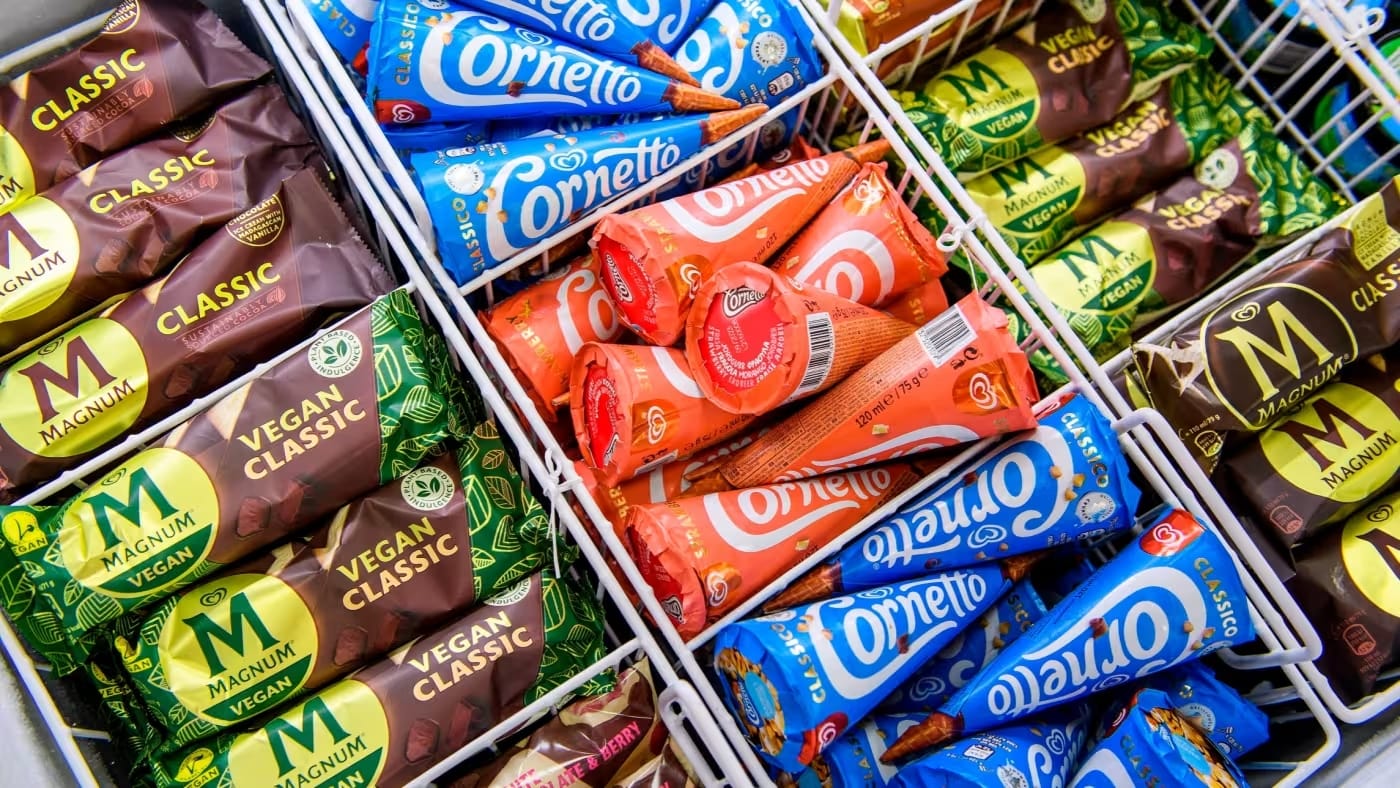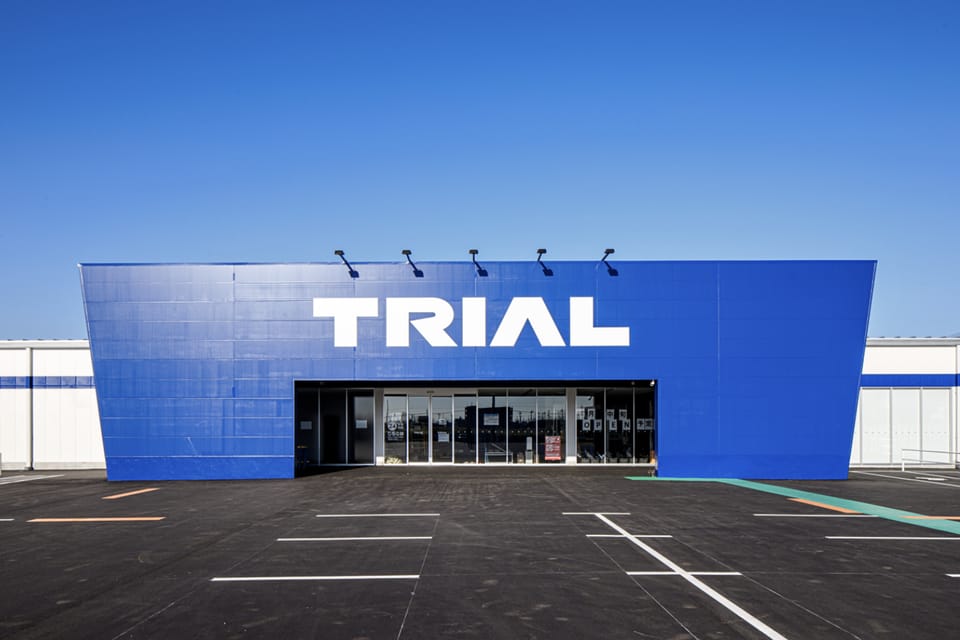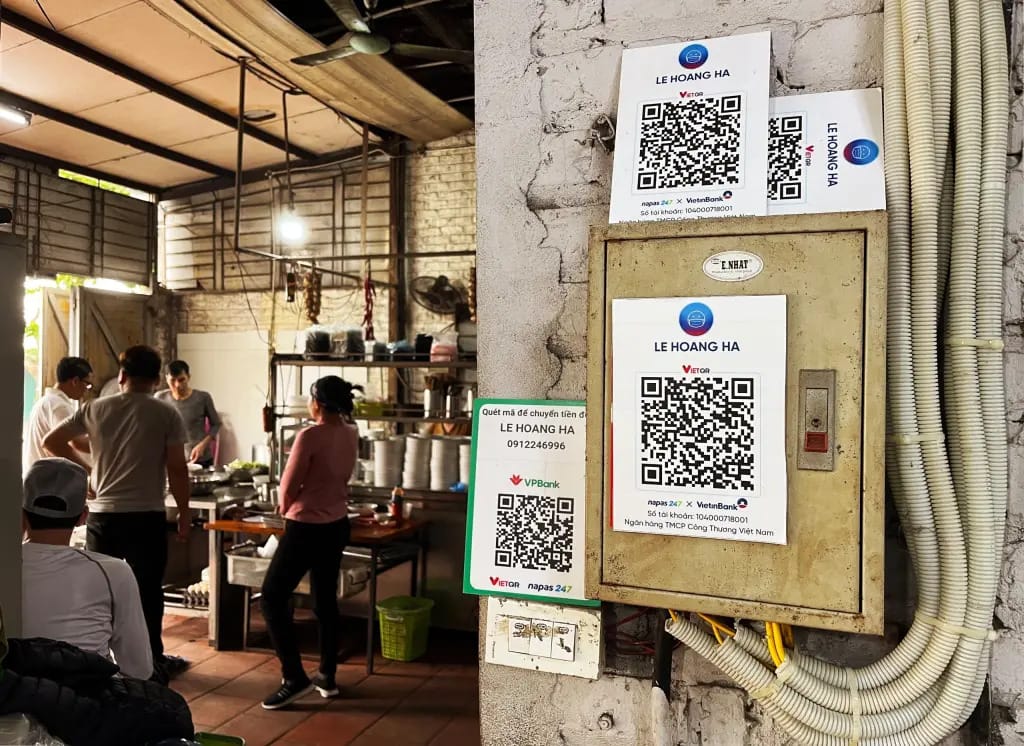TRD Issue 66 - Briefing: Unilever's Ice Cream Spin-Off, Shein Open Up Supply Chain, D2C Reaccess , Trial's Successful Japan IPO
Unilever plans €800m savings & ice cream spin-off; SHEIN eyes IPO with supply chain innovation; D2Cs rethink retail strategy; Trial's IPO shines in Japan.

Hello Readers,
Last week, Unilever announced a productivity plan to save €800 million by cutting 7,500 office jobs worldwide. The CEO aims to regain investor confidence through business simplification. Unilever also announced the immediate spin-off of its ice cream business, including popular brands such as Magnum, Wall's, and Ben & Jerry's.
On the other hand, SHEIN is enabling designers and partners with its fast production and affordable pricing. The company's success lies in excellent supply chain management. SHEIN has a digital system connects them with thousands of suppliers, enabling small-scale production and market testing. They plan to open their supply chain to brands, designers, and partners, allowing for fast fashion product batch testing and product popularity assessment.
D2C retail brands saw physical stores as crucial for expanding their sales. However, with rent discounts ending and weak sales for non-essential items, brands like Allbirds, Outdoor Voices, and Purple are adjusting their physical retail strategies to improve their balance sheets.
Lastly, in Asian news. Trial Holdings, headquartered in Fukuoka and operating over 300 chain supermarkets, had its IPO last month in Japan. On its debut day, the stock rose by 29%, and to date, it has increased by 40%, making it the most successful IPO in Japan so far this year. Its founder, Hisao Nagata, has thus joined the ranks of billionaires.
For more news highlights, please refer to the content of this article. See you in the next issue. Happy reading!
The Retail Direct
About 91APP
Founded in 2013, 91APP is the premier OMO (online-merge-offline) SaaS company, providing one-stop omnichannel retail solutions in Taiwan, Hong Kong, and Malaysia. It offers advanced Commerce Solutions and Marketing Solutions that enable retail brands to penetrate the D2C (Direct-to-Consumer) e-commerce market and drive operational benefits to their full potential. In 2021, 91APP became the first SaaS company to be listed in Taiwan and has been named one of Taiwan's "NEXT BIG" companies by Startup Island TAIWAN.
For more information about 91APP (TWO: 6741), visit www.91app.com.
Retail
Unilever to Split Off Ice Cream Business and Cut 7,500 Jobs

Why it is important
- Unilever's ice cream business split aims for €800mn savings, signaling a strategic overhaul to boost growth and address years of underperformance.
- According to Unilever, both sides — the ice cream unit and what remains of Unilever — will fare better independently.
What happened
- Unilever will separate its ice cream divisions, including Magnum and Ben & Jerry's, aiming for a standalone business to improve company performance and cut 7,500 jobs.
- Ben & Jerry's operates under an independent board and is unapologetic about being a "values-led company." They have taken several high-profile social activist stances over the years.
Source: FT
Why Retailers Like Target and Dollar General are Limiting Self-Checkout

Why it is important
- Retailers reversing self-checkout expansion due to theft, inefficiency, and shopper dissatisfaction reflects evolving retail customer service and technology adoption strategies.
What happened
- Target, Walmart, and Dollar General limit self-checkout, citing efficiency, theft concerns, and customer preference for human interaction over automated checkouts.
Source: Modern Retail
e-Commerce
Shein to Market Its Unique Supply-Chain Technology to Global Brands
Photo Credit: suzanne plunkett/Reuters
Why it is important
- Shein's shift to offering its supply-chain technology reflects strategic adaptation amid US market challenges.
What happened
- Facing US regulatory scrutiny, Shein plans to market its supply-chain technology to global brands, leveraging its small-batch manufacturing model for external fashion designers and brands.
Source: WSJ
Southeast Asia’s Ecommerce Players Go Low to Get Ahead in Price War

Why it is important
- Southeast Asia's eCommerce platforms are intensifying the price war by introducing low-cost options, highlighting competitive strategies to capture market share in a rapidly growing digital economy.
What happened
- Lazada launched Choice, targeting budget shoppers, challenging Shopee, TikTok Shop, and Temu, indicating strategic moves in Southeast Asia’s eCommerce sector to win over price-sensitive consumers.
- The Choice page on the Lazada app displays products priced between 1,000 to 30,000 rupiah in Indonesia and 4.3 to 159 pesos in the Philippines. Shipping and bundle discounts are available for those who purchase three products.
Source: Tech in Asia
D2C
Allbirds Inks New Distribution Deal for Southeast Asia

Why it is important
- The new distribution deal in Southeast Asia signals its strategic shift from direct-to-consumer to third-party distribution, emphasizing the importance of local knowledge in global expansion.
What happened
- Allbirds partnered with Primer Group to distribute its products in Malaysia, Singapore, Indonesia, and the Philippines, marking a significant step in its international presence and distribution strategy.
Source: Retail in Asia
DTC Brands are Recalibrating Their Physical Store Strategies

Why it is important
- DTC brands are reassessing their retail strategies due to changing market conditions, focusing on profitability over expansion, indicative of a broader shift in retail dynamics post-pandemic.
What happened
- Brands like Allbirds and Outdoor Voices are closing stores or halting expansion, adjusting to a stricter funding environment and a shift in consumer spending on discretionary goods.
Source: Modern Retail
Marketing
How A Regional Grocer Is Taking Advantage Of The Retail Media Revolution

Why it is important
- Dierbergs Markets' adaptation to the retail media revolution showcases how regional grocers can leverage technology partnerships to enhance customer engagement and capitalize on first-party data without becoming tech companies.
What happened
- Dierbergs Markets, a regional grocery chain in the US, was founded 170 years ago as a ride-up general store – as in, ride up on your horse.
- Dierbergs partnered with Shipt and DoorDash for fulfillment and Swiftly for retail ad tech, focusing on customer connections and loyalty rather than just ad revenue, underscoring a strategic embrace of digital transformation.
Source: AdExchanger
Payment
‘Buy Now, Pay Later’ is Not Dead

Why it is important
- Despite the downturn, the co-investment of GoTo and TikTok in BNPL suggests a strategic pivot to leverage ecommerce ecosystems, potentially redefining consumer credit in digital marketplaces.
- BNPL services are an easy entry point into financial services, especially in Southeast Asia. TikTok's operations in the region could become more valuable as its situation in the US remains uncertain.
- For BNPL providers without an ecosystem, the clock is ticking. Some are diversifying into digital banking and other financial services.
What happened
- Despite broader industry challenges, GoTo and TikTok are launching a BNPL product, banking on their ecommerce platforms to make the financing model viable by tapping into their extensive user bases.
Source: Tech in Asia
Asia
Founder Of AI-Driven Japanese Discount Supermarket Chain Becomes A Billionaire

Why it is important
- Trial Holdings' successful IPO highlights the potential of AI in retail, showcasing how technology can enhance operational efficiency and customer experience in the supermarket sector.
- Nearly two-thirds of Trial's supermarkets have become "Smart Stores," reflecting a larger trend towards technology in shopping, emphasizing the importance of AI in modernizing retail.
What happened
- Fukuoka-headquartered discount-store chain Trial Holdings operates more than 300 supermarkets across Japan that sell low prices for food, clothing, and other household goods.
- Trial’s retail formats range from warehouse-like Trial Supercenters, where customers can buy in bulk, to smaller convenience stores called Trial Go.
- Trial to list on Tokyo's Growth Market after withdrawing IPO plan last year. The company rose 29% on its first day of trade in Tokyo, after a successful IPO that raised 38.85 billion JPY ($258 million), Japan’s largest offering this year.
Source: Forbes
Vietnam’s QR Code Revolution Puts Pressure on Digital Wallets

Why it is important
- Vietnam's rapid adoption of QR code payments, significantly reducing cash transactions, showcases a digital transformation that challenges the relevance and sustainability of digital wallets.
- However, some believe that e-wallets and real-time QR payments like VietQR can coexist in Vietnam's growing digital payment market, which is expected to reach $160 billion in gross transaction value by 2025.
What happened
- NAPAS introduced VietQR in 2019, a standardized QR code system for cross-bank mobile payments.
- According to NAPAS, payments via VietQR reached 100 million monthly transactions in Q3 2023, doubling the volume.
Source: Tech in Asia





Comments ()